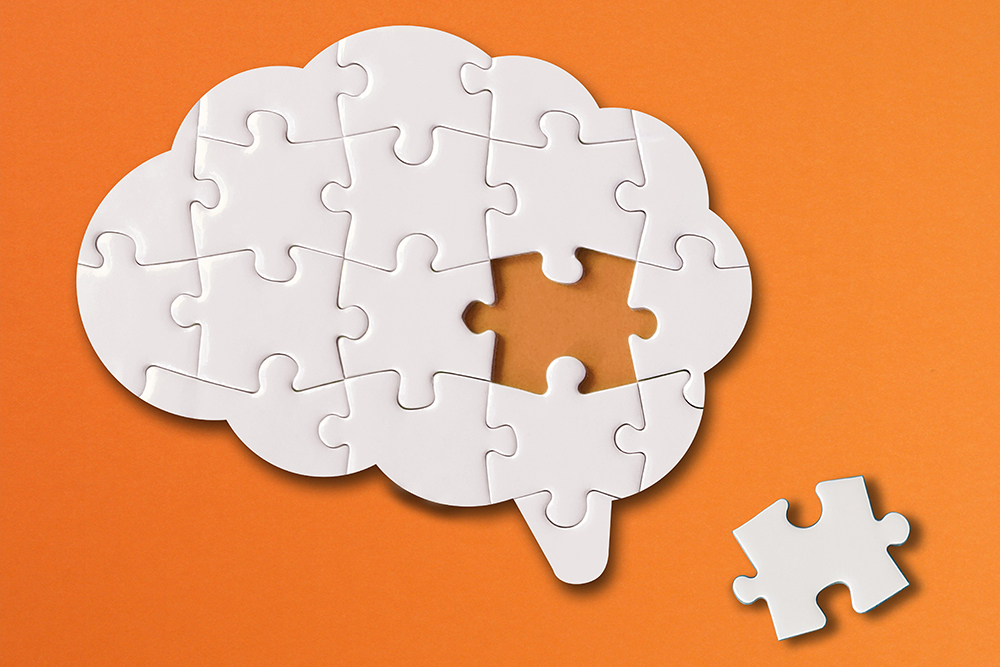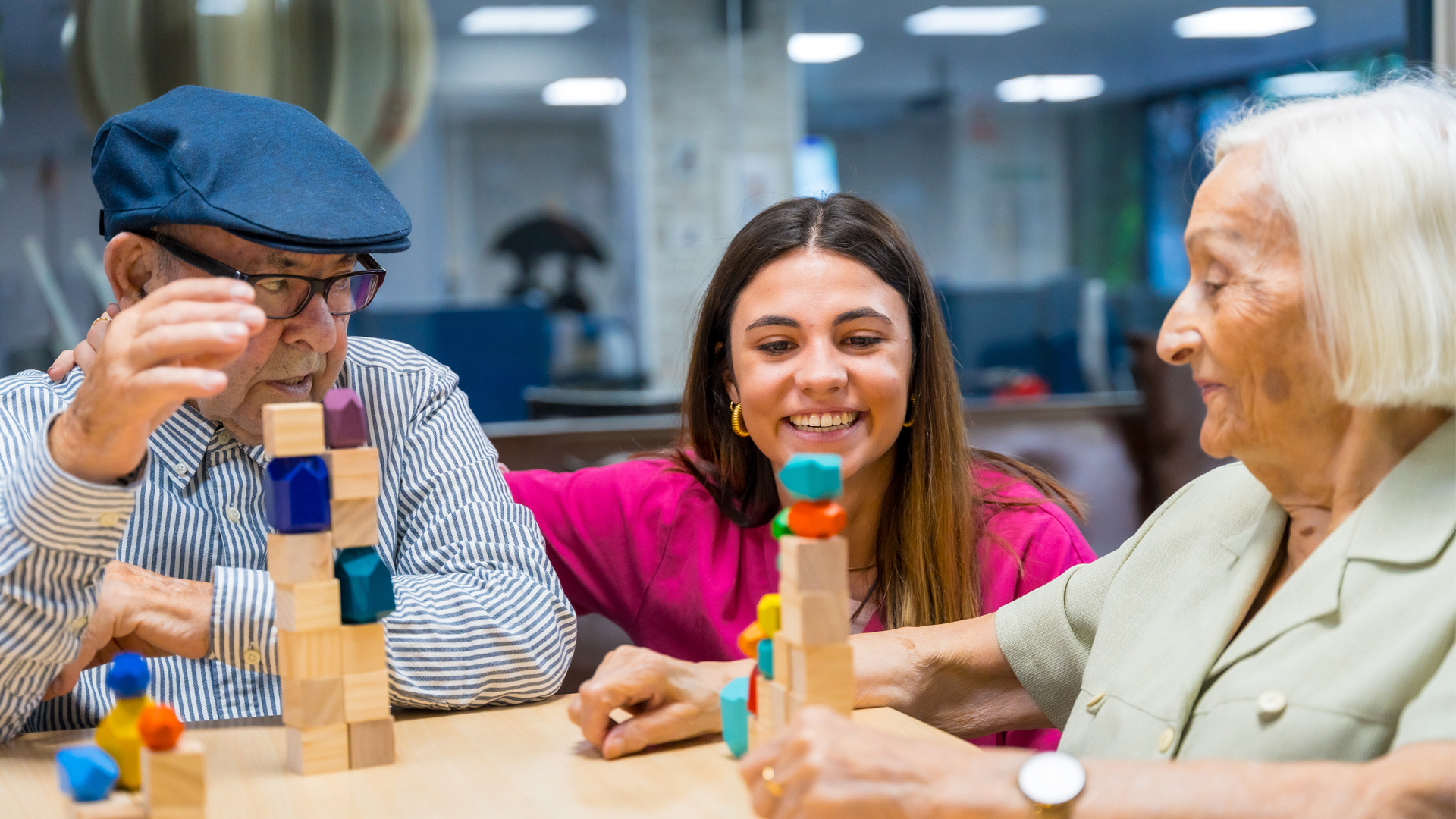While cognitive decline is typical among older adults, early-onset dementia cases have increased throughout the U.S. As early-onset dementia and Alzheimer’s disease continue to affect Americans under age 65, it’s essential to understand the impact of these conditions.
What Causes Early-Onset Dementia?
Early-onset dementia can be particularly disruptive when it occurs in middle age. For example, progressively worsening memory issues and brain deterioration can make it impossible for people in their 30s, 40s, and 50s to maintain rewarding careers. A gradual loss of independence and the capability to do daily activities such as cooking and getting dressed can be frustrating for younger, previously able-bodied people.
The first signs of dementia include forgetfulness, confusion, trouble concentrating, increasingly poor judgment, discoordination, and mood swings. As their abilities change, people with this condition will need extra stability, support, and companionship.
Researchers have identified two proteins that destroy neurons in the brain. Fragments of one protein, called beta-amyloid, build up and form plaques. Another protein, tau, causes tangles. While almost everyone develops plaques and tangles over time, people with dementia have far more than people without. Experts don’t yet understand why some people are more susceptible to plaques and tangles, or how they spread and cause widespread brain damage.
How to Get Diagnosed With Early-Onset Dementia
While early-onset dementia is rare, people with a family history of the disease are at a higher risk. However, since health care providers don’t typically expect to see cognitive decline in younger people, getting accurately diagnosed with early-onset dementia can be a lengthy and complex process involving opinions from several different doctors. The condition’s symptoms and progression affect each person differently.
While no single test can confirm a dementia diagnosis, take the following steps if your loved one is experiencing memory problems.
- Schedule a comprehensive medical evaluation with a doctor who specializes in cognitive decline. Getting a diagnosis may require a medical evaluation, neurological exam, and brain imaging, in addition to tests of your loved one’s mental skills to assess the extent of the issue.
- Keep a journal of your family member’s symptoms to share with their health care team.
Compassionately Treating Early-Onset Dementia
While there is no cure for dementia, researchers who study this condition have identified many successful ways to slow its progress. For example, specific medications can help people with early-onset dementia maintain their mental function.
Other treatments that may play a role in slowing the progress of early-onset dementia include exercise, nutrition, and activities that hone cognitive skills. At Legacy Homecare LA, our Care Companions complete dementia-specific training that allows them to help clients with every form of the illness, seamlessly adapting as the disease moves through its stages. We provide our dementia Care Companions with everything they need to provide the highest level of specialized attention to their clients.
Receiving an early-onset dementia diagnosis can be frightening for your loved one and your family. You may not know where to turn or what steps to take to ensure a brighter future. Customized in-home care allows your loved one to stay in a comfortable, familiar environment while a Care Companion helps them with daily tasks, reminds them to take their medications, and provides 24-hour in-home care. Contact us today to learn more about the Legacy Homecare LA difference.






